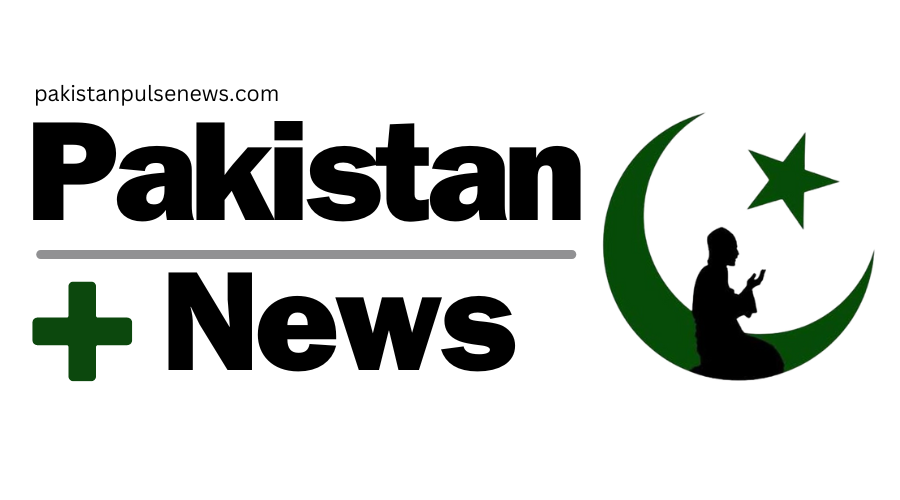Mr. Biden implied that his critics were simply being opportunistic. “In moments like this, there are always those who rush in to score political points,” he said. “But this isn’t a moment for politics. It’s a moment for clarity. So let me be clear: Peaceful protest in America. Violent protest is not protected. Peaceful protest is.”
In calming some in his party, though, Mr. Biden took heat from others on the political left. In their view, he employed none of the nuance that he expressed in 2020 when otherwise peaceful protests after the police killing of George Floyd got out of control and Mr. Biden acknowledged root causes of the anger even while condemning violence.
“He could’ve made some effort to do the same today,” said Matt Duss, a former foreign policy adviser to Senator Bernie Sanders, the democratic socialist from Vermont. “Instead, he chose to amplify a right-wing caricature. Unfortunately, it’s consistent with an overall policy approach that shows little regard for Palestinian perspectives or Palestinian lives.”
In his statement, Mr. Biden emphasized that he would always defend free speech, even for those protesting his own support for Israel’s war. But he made clear that he thought too many of the demonstrations had gone beyond the bounds of simple speech.
“Let’s be clear about this as well,” he added. “There should be no place on any campus, no place in America, for antisemitism or threats of violence against Jewish students. There is no place for hate speech or violence of any kind, whether it’s antisemitism, Islamophobia, or discrimination against Arab Americans or Palestinian Americans.”
In response to questions by reporters, Mr. Biden said he would not change his Middle East policy as a result of the protests. Asked as he left the room if the National Guard should intervene, he said simply, “No.”
Reporting was contributed by Jonathan Wolfe from Los Angeles; Ernesto Londoño from St. Paul, Minn.; Bob Chiarito from Madison, Wis.; and Mike Baker from Seattle.


